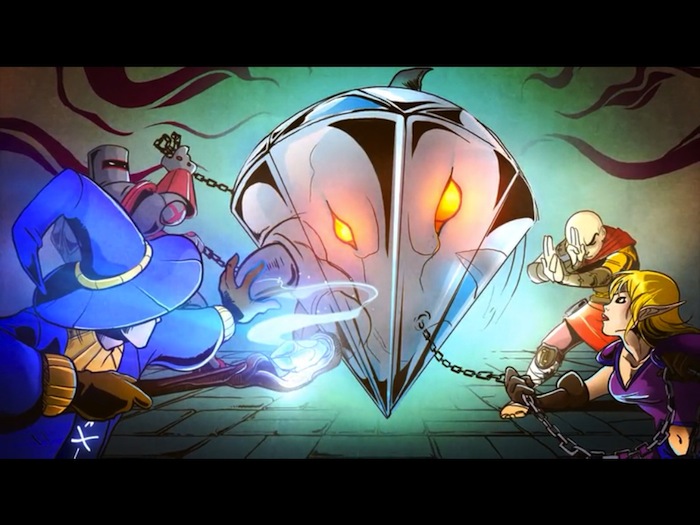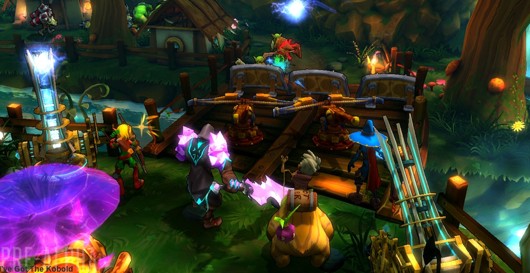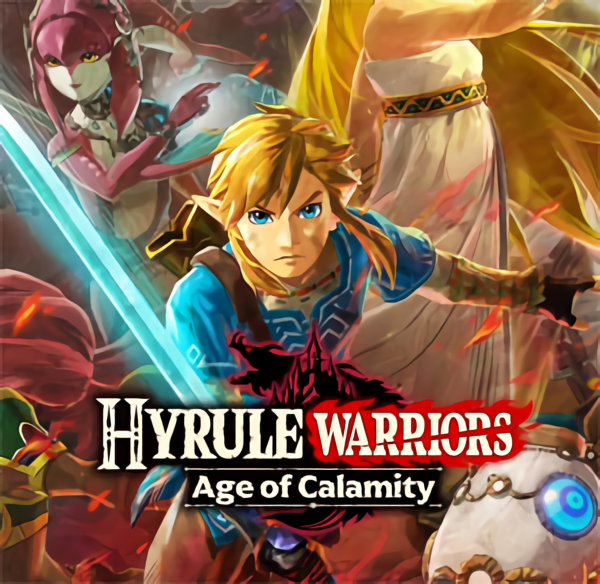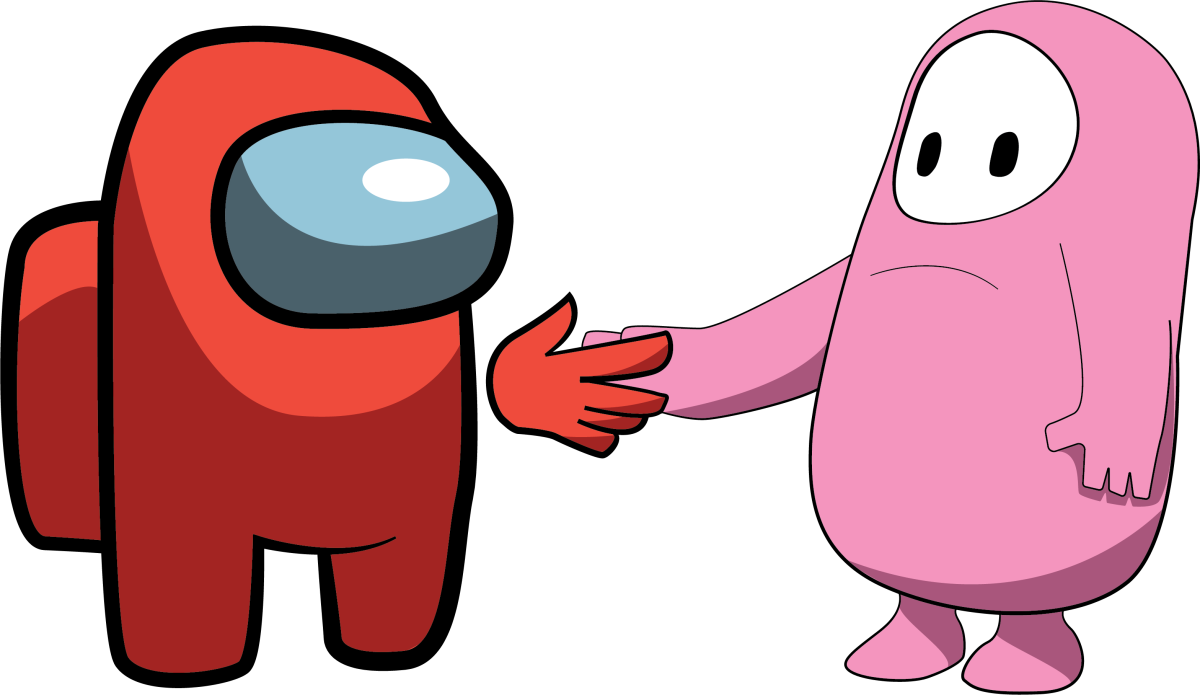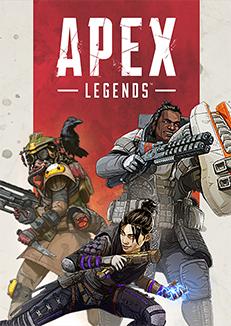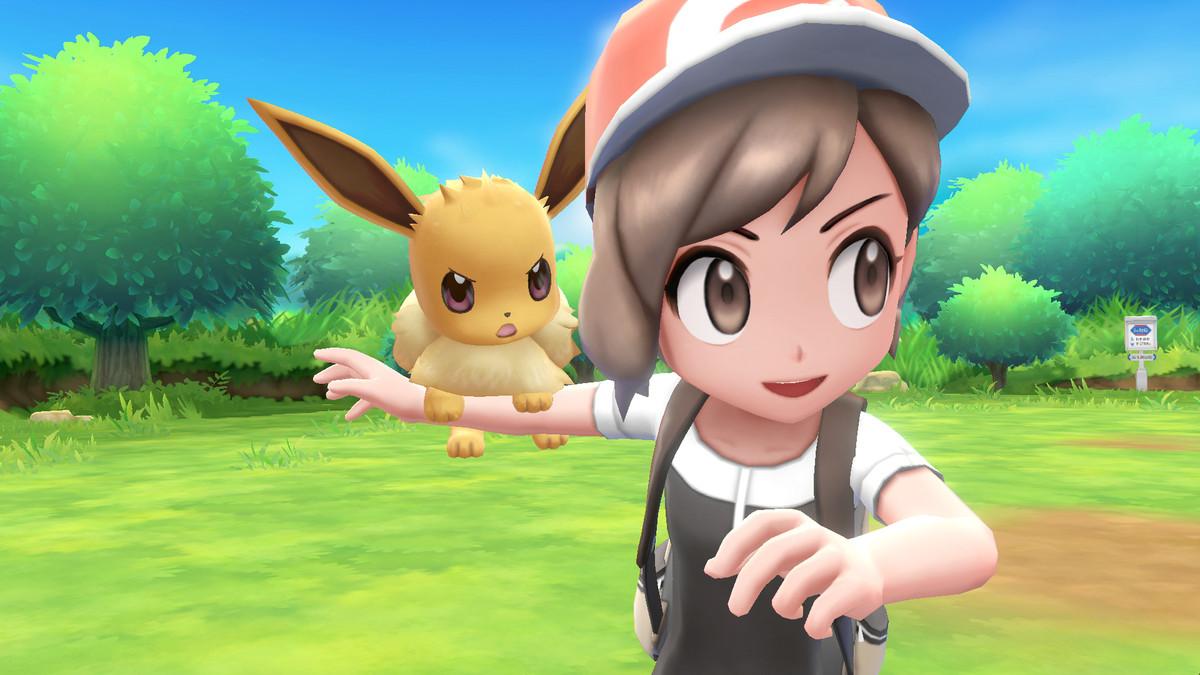New York Comic Con has surprisingly been accommodating a lot of gamers. More surprising to me was the increase of independent games being showed off at the convention. One such game that ballooned up since I heard about it last year was Dungeon Defenders.
Dungeon Defenders is a 3D medieval-fantasy MOBA by Trendy Entertainment, an indie studio based out in Gainesville, Florida. I haven’t played much of the game, but it’s definitely polished, with a good fanbase and fan following. Combat, as referred to by some of the gamers, has improved a lot and the game is said to be more balanced than before.
I was able to get a hold of Joshua Javaheri, the visual effects director and technical artist on Dungeon Defenders 2, for some tips on how to be indie and tips for artists out there looking to get into the game industry.
Me: So, how did you get started with games?
Josh: I started getting into games when I was in high school playing games like Jedi Forces 2, back in 1997. There was a modding community at the time and I started trying to get my feet wet in games there.
Me: Did you get into other things before working on big indie titles?
Josh: Definitely! Remember Unreal Tournament? When that game came out, I got my hands on the Unreal engine at the time and started making games and mods with friends.
Me: Seeing that you’ve become a big indie developer, do you have any tips for any up and coming Indies?
Josh: You have to find your niches and the kind of audience you want to make games for while exposing yourself as much as you can. But, before you start advertising yourself, you have to have a game. What’s a game designer or game developer without a game?
Me: Cool! So what should indies do when they have the game?
Josh: It’s one thing to make a game but it’s also another thing to hold onto the rights for that game. A game’s IP is like your baby. You don’t want to give it away as it’s a big part of you.
Me: Yeah, I’d hate it if a game I made was taken away from me. Last question, since you’re a technical artist, do you have any tips for artists out there who have to deal with programmers?
Josh: It’s good for any artist trying to get into the game space to understand code to a point. Knowing the limitations of the project is good way to keep the integrity of your art intact.
by Matthew Maravilla
























